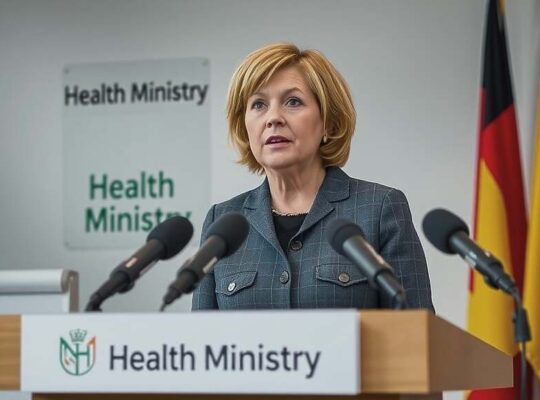antibiotic resistance.. A new study released on Monday paints a grim picture, revealing that in 2023, one in six laboratory-confirmed bacterial infections worldwide exhibited resistance to antibiotic treatments. The study, compiled from data submitted by over 100 countries through the WHO’s Global Antimicrobial Resistance and Use Surveillance System (GLASS), highlights a deeply concerning trend.
Between 2018 and 2023, resistance rates increased across more than 40% of observed pathogen-antibiotic combinations, demonstrating an average annual rise of 5-15%. This surge presents a formidable challenge to modern medicine and threatens to undo decades of progress in treating infectious diseases.
The WHO identifies Southeast Asia and the Eastern Mediterranean as regions facing the most severe impact, with an alarming one-third of reported infections displaying antibiotic resistance. Africa follows closely, with resistance affecting one in five infections. Gram-negative bacteria are specifically flagged as a global escalating threat, demonstrating resistance to multiple, crucial antibiotics.
“Antibiotic resistance is outpacing medical advancements jeopardizing the health of families worldwide” stated WHO Director-General Tedros Adhanom Ghebreyesus. While acknowledging the strengthening of antimicrobial resistance (AMR) surveillance systems within countries, Ghebreyesus underscored the urgent need for a paradigm shift in antibiotic usage and accessibility. The statement implicitly criticizes current practices, which have likely contributed to the escalating resistance.
The WHO’s call extends beyond merely responsible antibiotic use; it demands guarantees of access to appropriate medications, quality-assured diagnostics and preventative vaccines. This implicitly points to systemic inequities in healthcare access and the need for significant investment in public health infrastructure, particularly in low- and middle-income countries.
Beyond immediate responses, the report signals a need for investment in innovative strategies including development of next-generation antibiotics and rapid molecular point-of-care diagnostics. Experts suggest a crucial, yet currently underfunded avenue involves bolstering preventative measures – improved sanitation, hygiene promotion – that could drastically reduce the need for antibiotics in the first place, moving away from a reliance on medication as a primary response to infection. The long-term sustainability of global health is increasingly tied to effectively confronting this growing crisis.












